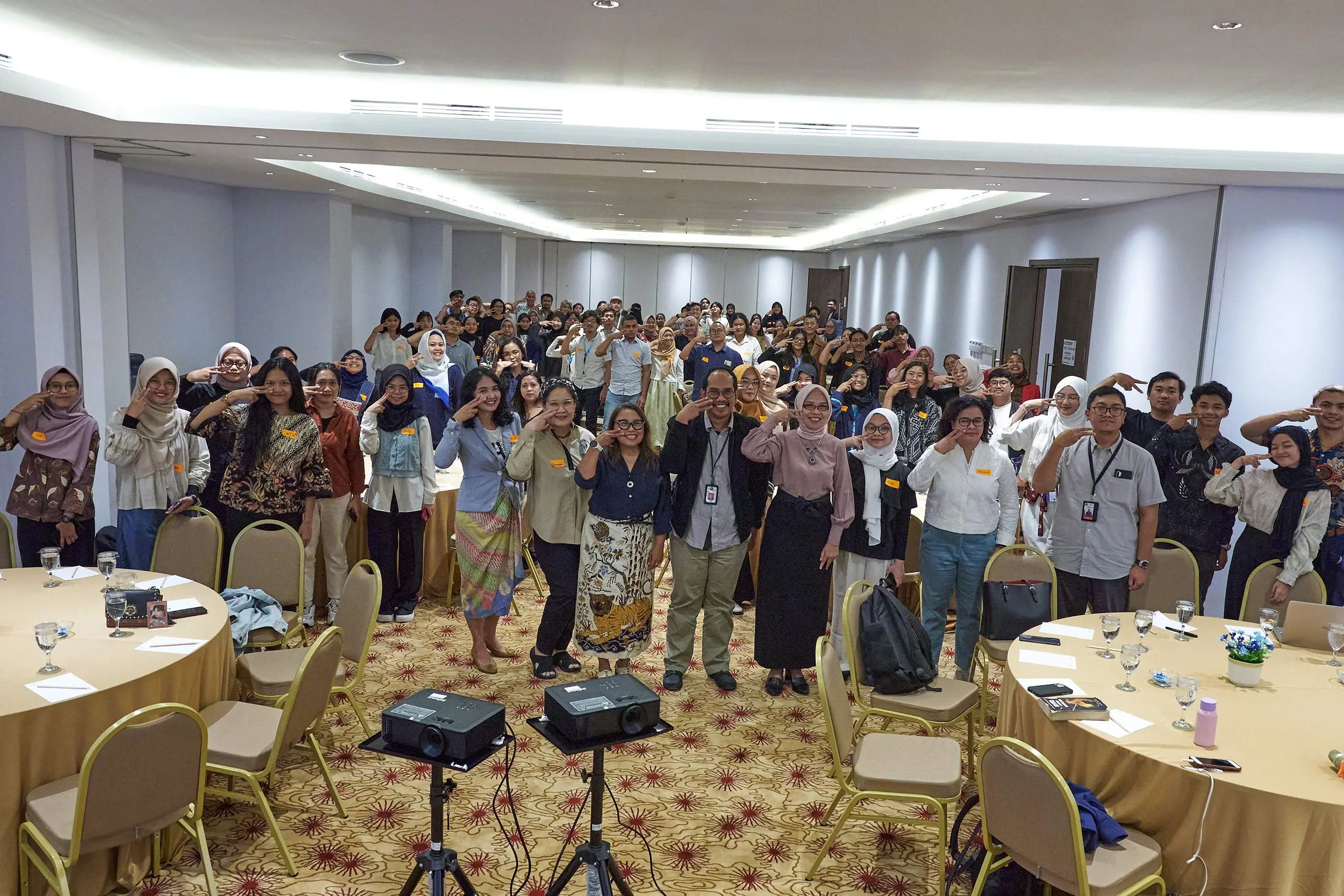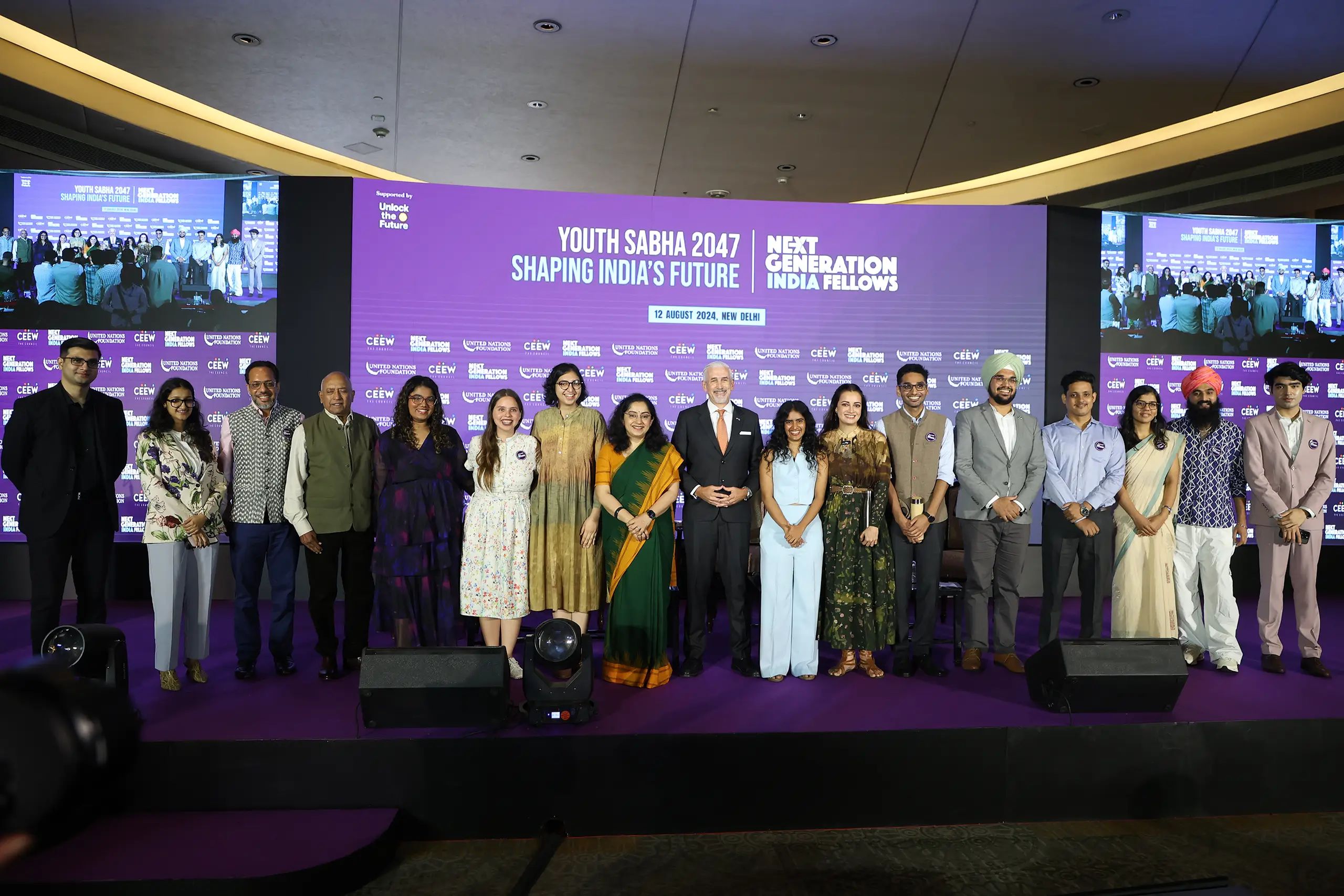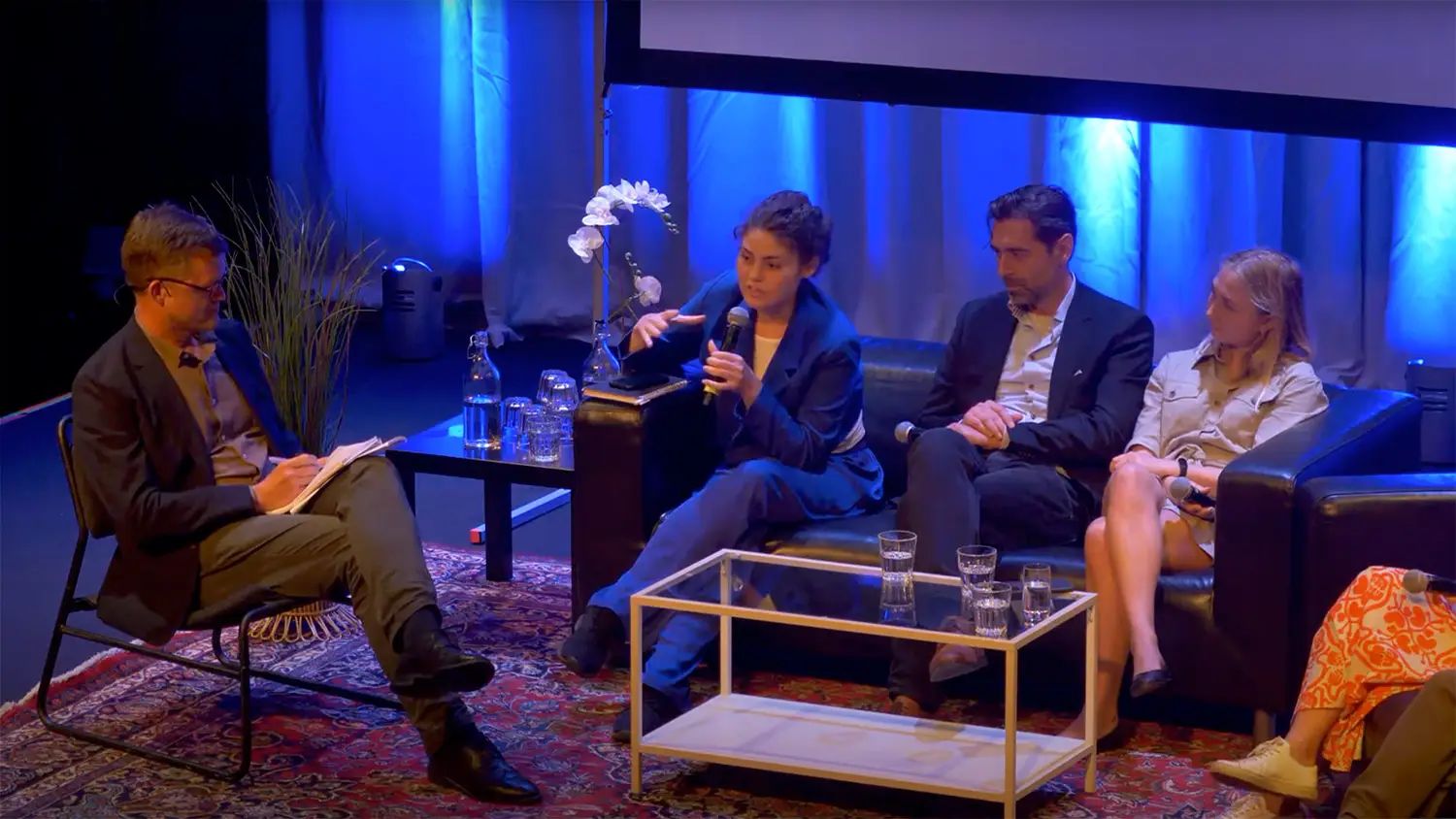Intergenerational Town Halls
Shaping National Priorities, Influencing Global Conversations
As we prepare for the final SDG Summit in 2027, the importance of connecting local insights with global processes has never been more crucial.
In a world where many audiences struggle to engage with big UN processes like the Summit of the Future, the intergenerational town halls have emerged as vital platforms for breaking down barriers and fostering meaningful dialogue.
In collaboration with national partners from the Unlock the Future coalition, we have been holding a series of town halls across 18 countries. Our goal is to amplify the voices of young people, ensuring they play an active role in shaping their lives and futures.
These town halls sparked conversations that united communities and bridged generations, mobilizing fresh ideas and collective action to tackle urgent challenges such as climate change, inequality, and rapid technological shifts. More importantly, they have highlighted the pressing need for stronger international cooperation, setting the stage for support for the United Nations Pact for the Future and ensuring it resonates with the realities of everyday people.
“The future we want starts with building a democracy where every voice, regardless of age or background, is heard and valued.”
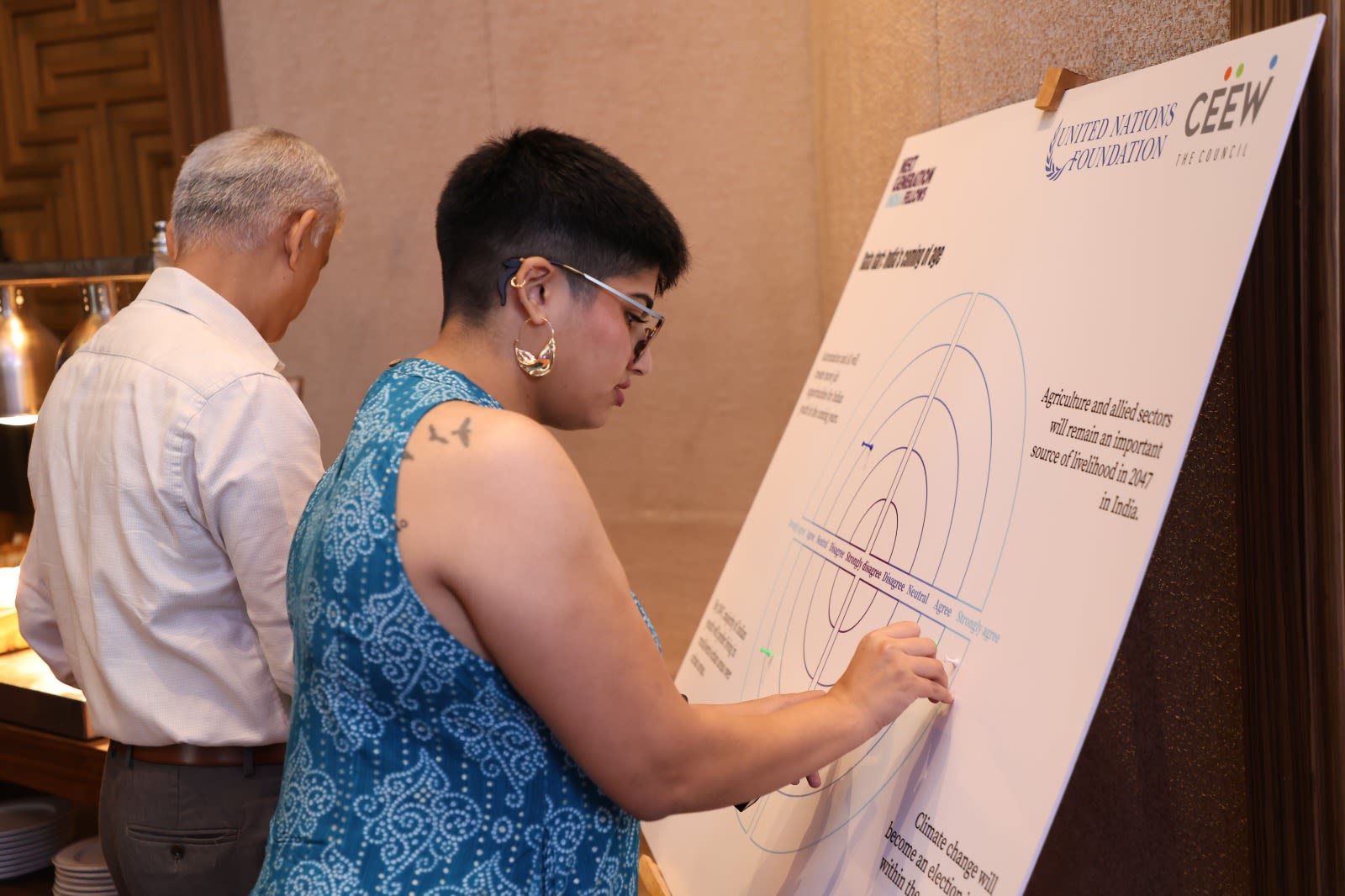

Global Reach, Local Impact
By the end of the year, 18 intergenerational town halls will have taken place in cities ranging from Melbourne to Freetown, Stockholm to New Delhi, and beyond. At each stop, policymakers, leading experts, and young changemakers have outlined their vision for their country’s future and in some instances linked them to the broader ongoing dialogues occurring in the country.
"We must share power across generations to reimagine our world."
Integral to hosting the town halls were local partners. In Sierra Leone, Purposeful, an African-rooted global hub for girls’ organizing and activism, partnered with the Ministry of Information and Civic Education. Elsewhere, we engaged local chapters of Unlock the Future coalition members – including YMCA South Africa, YMCA of San Diego, World Scouts-Poland, and Plan International Indonesia – as well as leading think tanks in Brazil (Igarape Institute) and India (CEEW), the United Nations Office of the High Representative for Least Developed Countries, Landlocked Countries, and Small Island Developing States (OHRLLS), and the African Union Office of the Youth Envoy.
The connection between local issues and global priorities was clear at these town halls. In Brazil, young leaders spotlighted intergenerational justice and climate action at the Youth 20 Summit, shaping the G20 agenda. In Sierra Leone, dialogues on peacebuilding and civic engagement demonstrated the nation's readiness to lead in shaping a better and more peaceful future.
Driven by a sense of urgency for action, they debated the role of global cooperation to tackle humanity’s greatest challenges that no country can face alone. Their insights fed into the mobilization for the Pact for the Future, ensuring global discussions were firmly rooted in the lived realities of communities around the world.
These town halls also encouraged participants to think beyond 2030, aligning with the Road to 2100 strategy of the Unlock the Future coalition. This long-term perspective emphasizes sustaining and accelerating SDG action where it impacts the lives and futures of young people and young countries, making it clear that today’s decisions will shape the future for generations to come. By integrating grassroots, intergenerational insights into the global agenda, the town halls established a vital connection between community voices and international policy, reinforcing the need for action that resonates with real-world experiences.
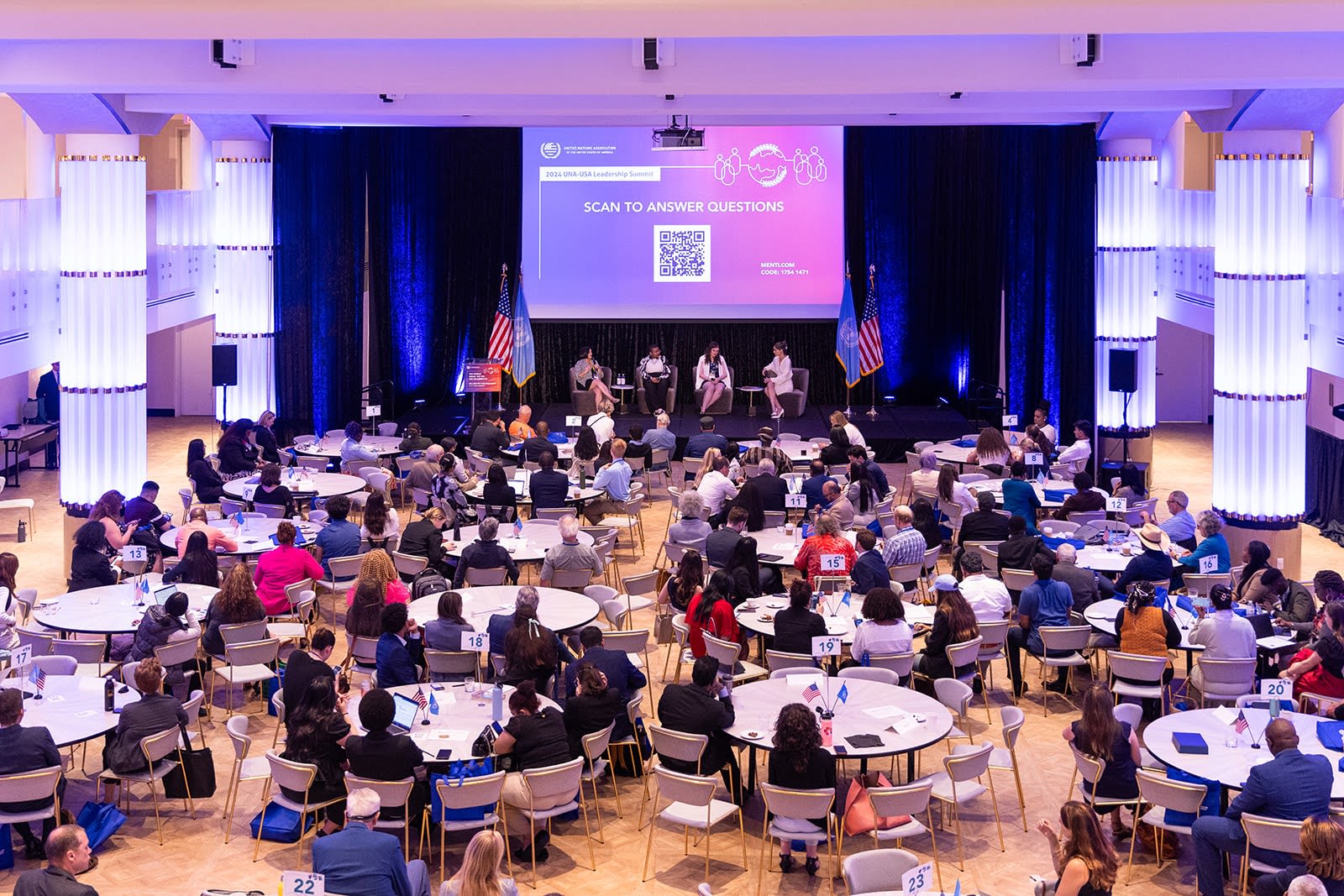
Other notable Town Halls included:
India
On August 12, a day-long event with 200 students, policymakers, and social influencers discussed India's vision for 2047. Speakers included UN Resident Coordinator Shombi Sharp and SDG Advocate Dia Mirza.
Egypt
Cairo's Intergenerational Town Hall on August 20, as a part of the World Scout Conference, gathered 200+ participants, featuring UN DSG Amina Mohammed and Egypt's Minister of Youth.
Sweden
On September 11, Stockholm hosted an intergenerational town hall on Sweden’s global leadership in green technology, with city and UNDP Nordic representatives.
African Union
Held on September 27 at UNGA, this event brought 12 young Africans, the UN DSG, and Africa’s Panel of the Future to discuss African youth's role in climate action and global governance.
“Intergenerational fairness isn’t just a goal, it’s a necessity if we are to have a sustainable future."
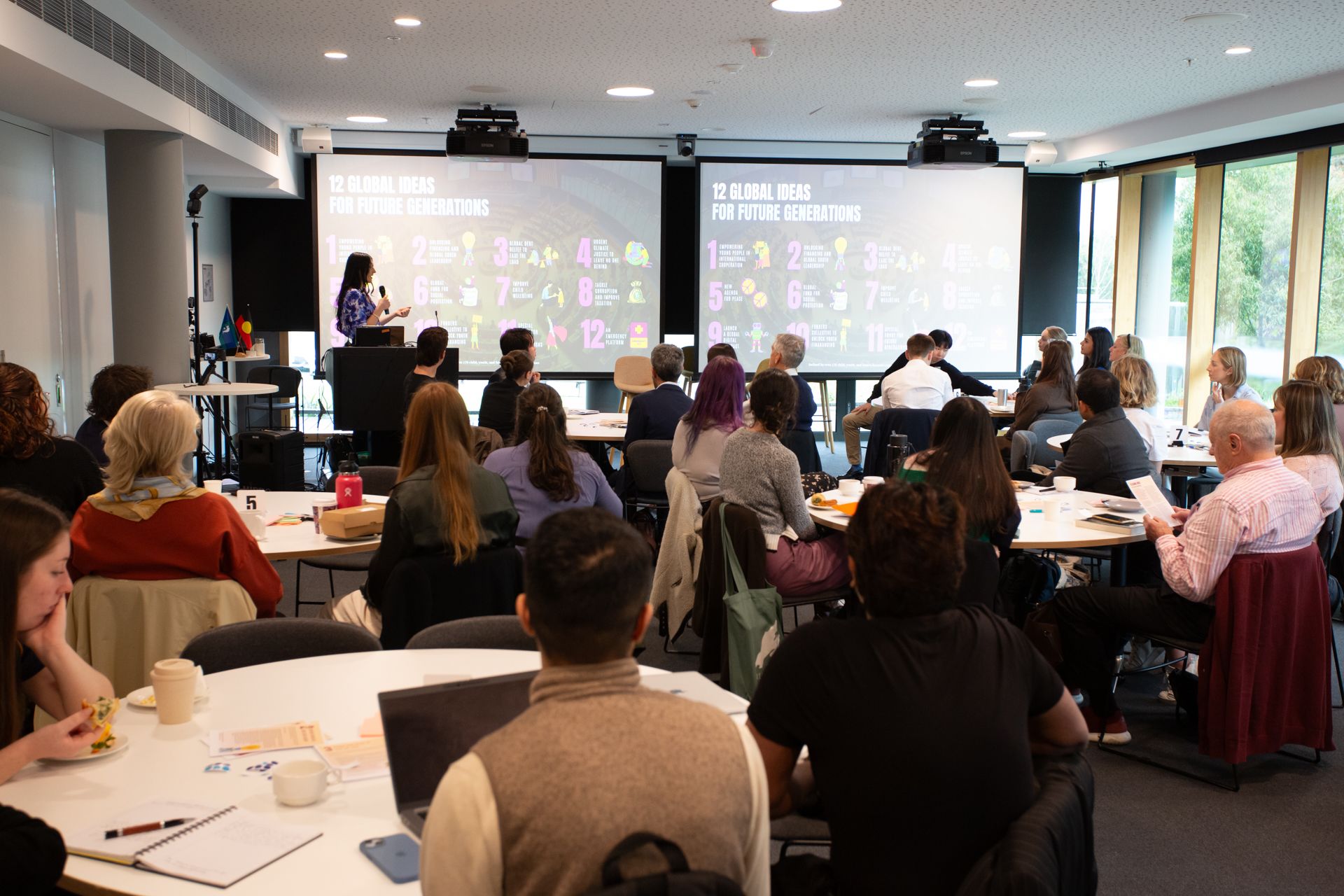

Amplifying Intergenerational Cooperation
Participating in the town halls were speakers and attendees of all ages. In some instances, they were as young as three and as old as 78. Among the speakers were international leaders such as Amina Mohammed, Deputy Secretary General of the United Nations, and Dia Mirza, UN Environment Goodwill Ambassador. They also included prominent regional voices such as Moussa Faki, Chairperson of the African Union, and national leaders such as H.E. David Minina Sengeh, Chief Minister of Sierra Leone, H.E. Dr. Ashraf Sobhy, Minister of Youth and Sports of Egypt, Carlos Ivan Madrigal, Movement for Indigenous Youth (Mexico), and Rahma Ali, Sustainable Development Activist.
The speakers, together with the participants, engaged in a series of interactive dialogues and breakaway discussions which focused on national priorities for the future as well as the role each country can play in reimagining the UN and the broader global governance system.
Upcoming discussions at the town halls in Brussels, Belgium (as part of the EU Town Hall) and in Gaborone, Botswana (in parallel with the UN Third Conference on Landlocked Developing Countries) will also influence significant policy decisions, including the strategy of the incoming EU Commissioner on Intergenerational Fairness and the development priorities of least developed countries.
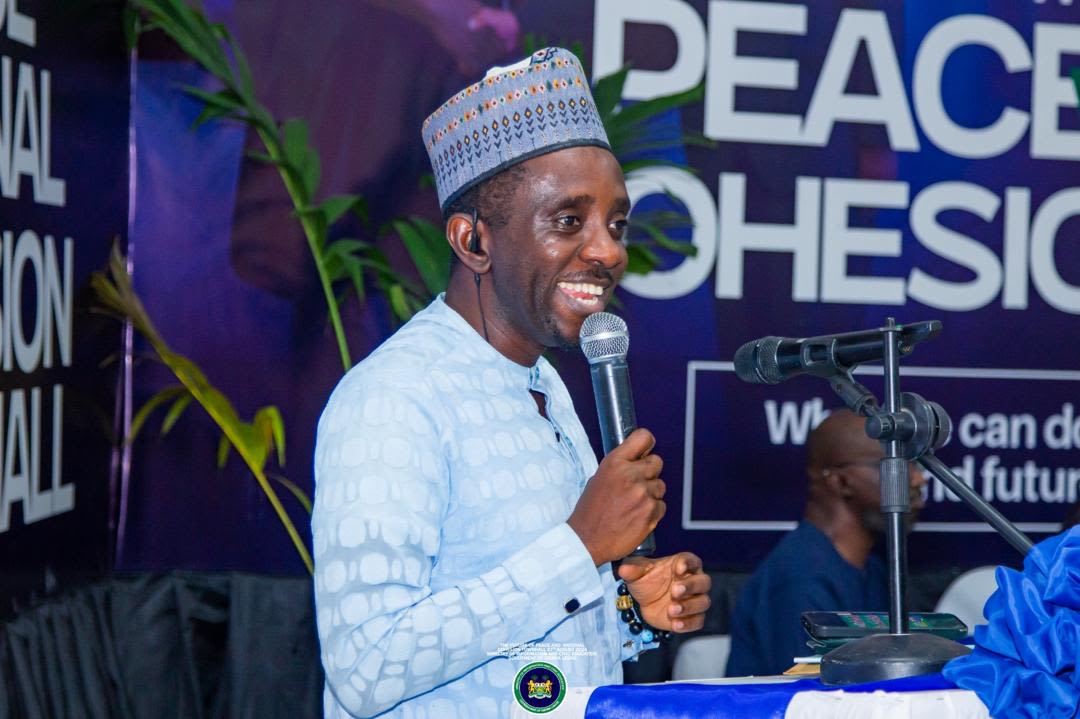
“To love the country, we need to know our country and change the narrative of our history.”
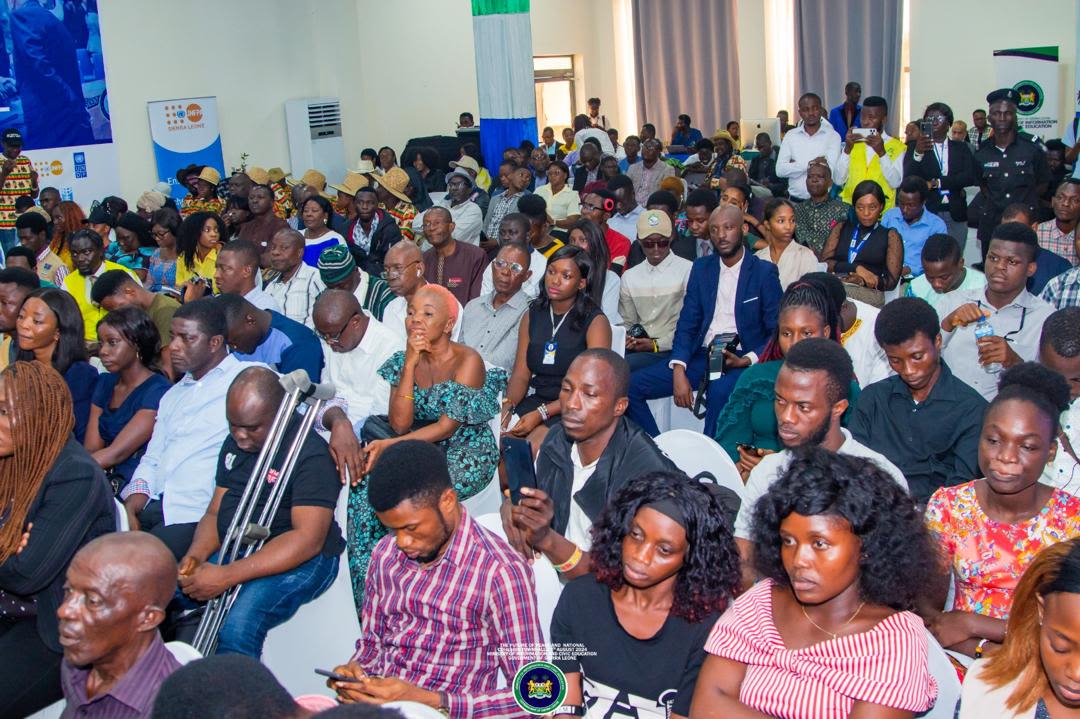

Why Ongoing Intergenerational Dialogues Matter
Keeping the conversation alive is crucial as global challenges evolve. Continued dialogues in 2025 will refine the 2100 Roadmap and ensure that commitments made in the Pact for the Future lead to concrete actions. In the driving seat will be young people, whose voices will shape outcomes that will impact generations to come, and ideas and insights gathered from marquee moments including the Financing for Development Conference, Beijing+30 meeting, UN Oceans conference, World Social Summit, G-20 meetings, and COP30.
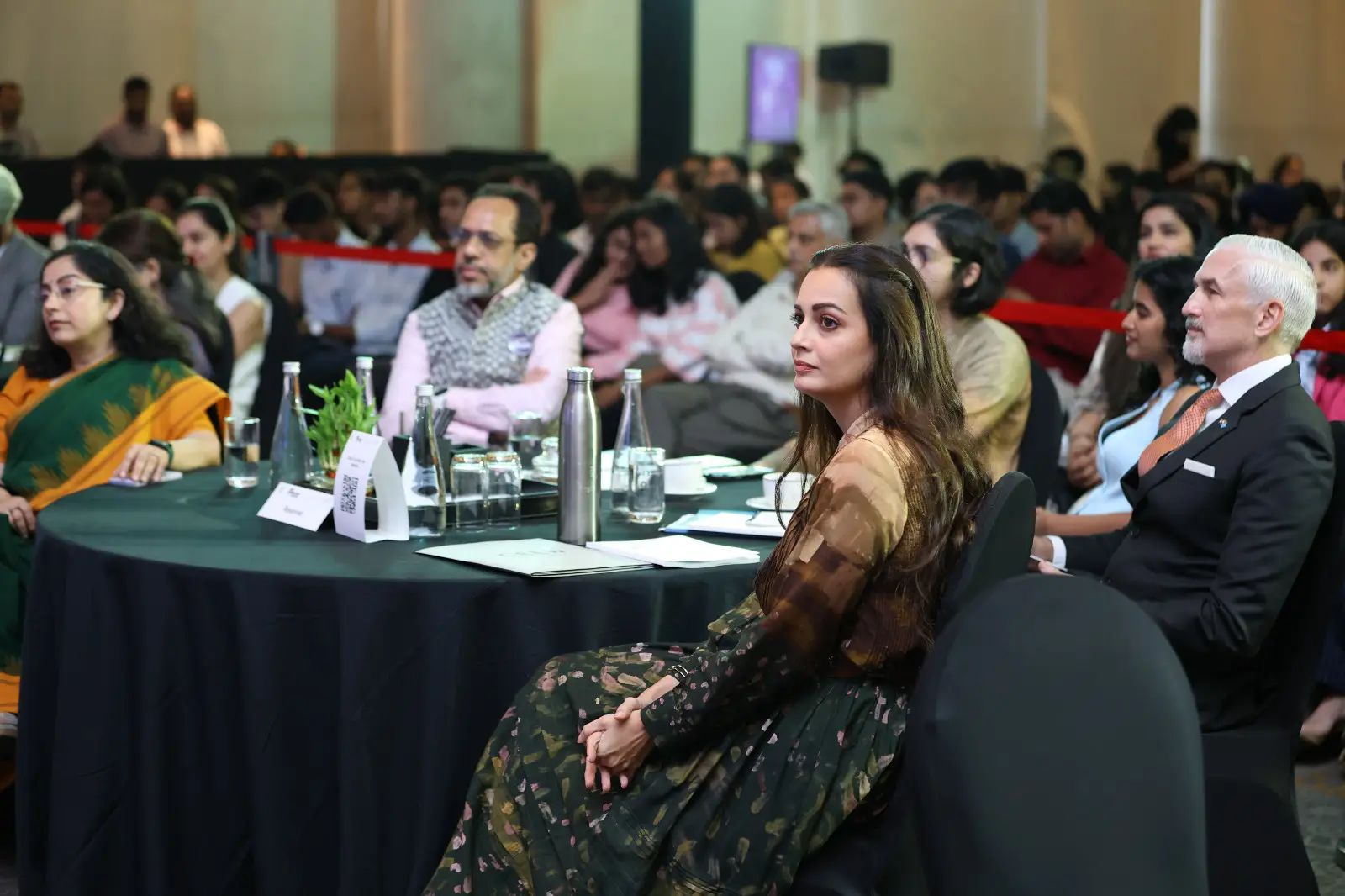
“If you’re delivering slogans that everyone agrees with, you’re not making the impact you need. Someone needs to be uncomfortable."
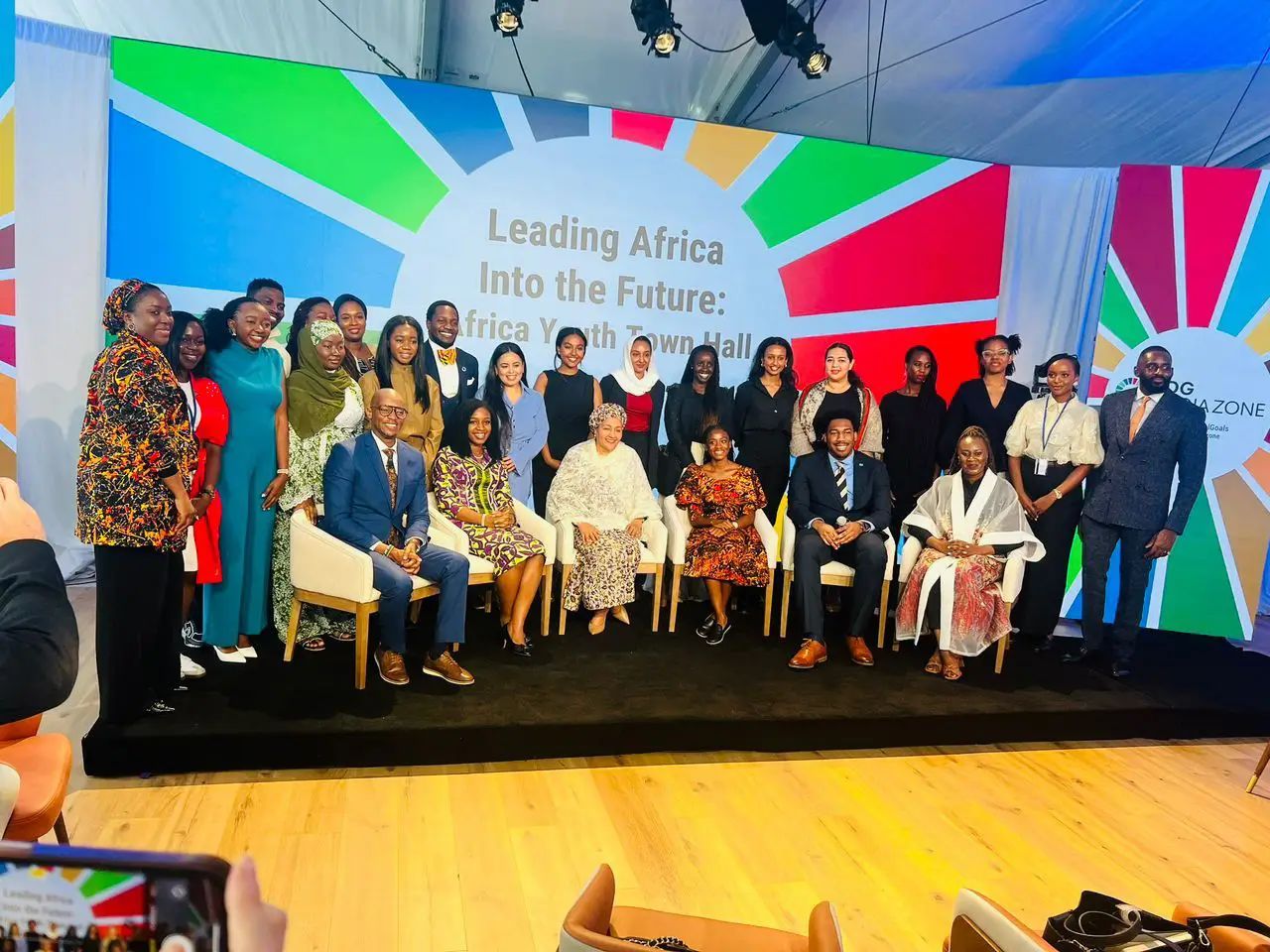

Measuring Impact
18 National Town Halls
Held across key countries like Australia, Brazil, India, Egypt, Sierra Leone, and Indonesia, providing a global perspective that connects local insights to global strategies.
High-Level Engagement
Featuring influential leaders such as Amina J. Mohammed, Deputy UN Secretary-General; international advocates such as Dia Mirza, UN Secretary General’s SDG Advocate; and national figures such as Rakesh Sharma, India’s first astronaut, and David Moinina Sengeh, Chief Minister of Sierra Leone. These voices and many more emphasize that true change requires inclusion, shared responsibility, and bold action.
Local Mobilization
Engaging over 44,000 participants worldwide, infusing fresh perspectives and energy into discussions about national and global futures.
